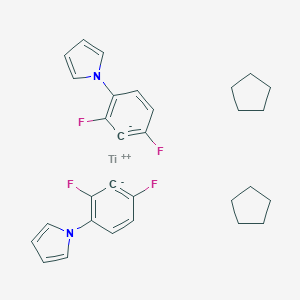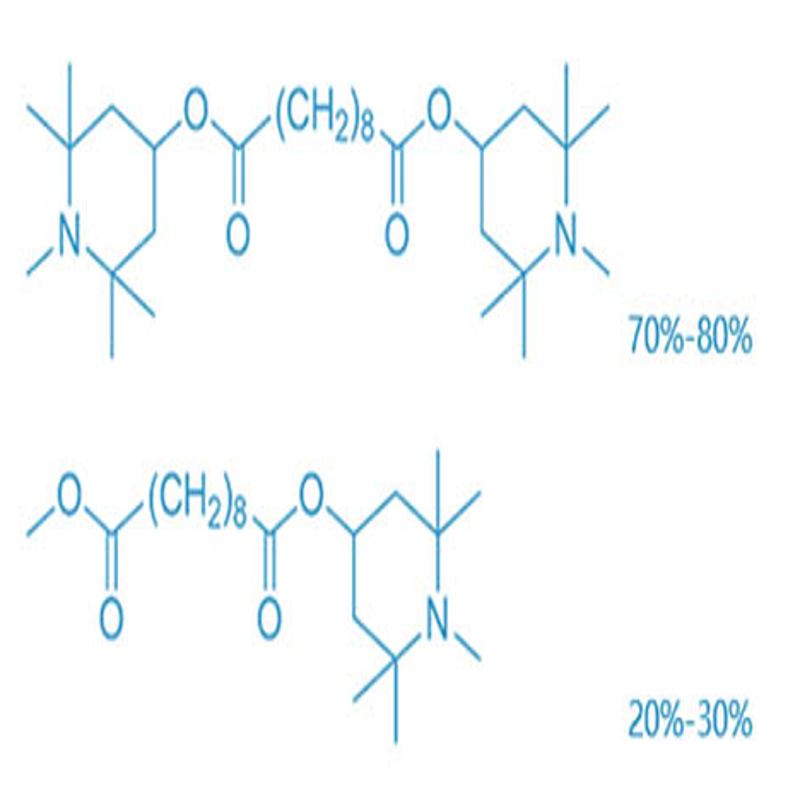-
Categories
-
Pharmaceutical Intermediates
-
Active Pharmaceutical Ingredients
-
Food Additives
- Industrial Coatings
- Agrochemicals
- Dyes and Pigments
- Surfactant
- Flavors and Fragrances
- Chemical Reagents
- Catalyst and Auxiliary
- Natural Products
- Inorganic Chemistry
-
Organic Chemistry
-
Biochemical Engineering
- Analytical Chemistry
-
Cosmetic Ingredient
- Water Treatment Chemical
-
Pharmaceutical Intermediates
Promotion
ECHEMI Mall
Wholesale
Weekly Price
Exhibition
News
-
Trade Service
Rakuten Chemical is focusing on three businesses: hydrogen, battery materials, and recycled plastics
Recently, South Korea's Lotte Chemical Corporation announced that it will increase its annual sales from KRW 18.
1 trillion in 2021 to KRW 50 trillion in 2030
by rapidly expanding its hydrogen energy, battery materials, and recycled plastics businesses.
Rakuten Chemical said that in order to actively respond to the fundamental changes in the petrochemical industry, the company has established a hydrogen energy division and a battery materials division
.
The Hydrogen Energy Division and Battery Materials Division are separate divisions that will be separated
from Lotte Chemical's existing Basic Chemicals Division and Advanced Materials Division.
In 2021, Lotte Chemical's sales accounted for 60% of its sales, while its high value-added products and green business accounted for the remaining 40%.
Under the new development strategy, the revenue share of the petrochemicals business will fall to 40% by 2030, while the high value-added products and green business will jump to 60%.
The Coalition to End Plastic Waste is taking the lead in reducing plastic waste
Polymer producers and companies in the plastics supply chain are facing greater challenges and need to work harder to address global concerns
about plastic waste.
"The ubiquity of plastic products and the 'throw away' lifestyle they lead to are real problems that we can solve, which is to reduce, reuse or recycle
," the industry said.
The industry's flagship organization, the Alliance to End Plastic Waste (AEPW), was founded in 2019 and currently has 67 member companies and more than 90 organizations involved in trying to end plastic waste
in the environment.
In March, at the United Nations Environment Assembly in Nairobi, Kenya, participants said the AEPW had taken a leading role in reducing plastic waste, with one of its goals being to show that the plastic waste value chain is profitable
.
The UK government unveils a new energy security strategy
On April 7, the UK government unveiled details of a new energy security strategy that includes renewed support for oil and gas extraction and £120 million in funding
for new nuclear power projects.
The strategy aims to accelerate the deployment of clean technologies, such as wind, nuclear, solar and hydrogen, but also to support domestic oil and gas production
.
The UK government said: "A new round of licence auctions for North Sea oil and gas projects is planned this autumn, with a new working group providing exclusive support
for new developments.
The UK government has also set a new target in the strategy – to reach up to 50 GW of offshore wind capacity by 2030, of which 5 GW will be the capacity of floating facilities, with shorter approval times and overall leaner
wind power projects.
In addition, the strategy reaffirms the UK government's support for nuclear power, which aims to meet 25% of the country's electricity needs
with nuclear power by 2050.
U.
S.
base oil production fell sharply
U.
S.
refiners' base oil production was 4.
6 million barrels in January, down more than 10% year-on-year and down 8% from January 2020, according to the U.
S.
Energy Information Administration (EIA).
This is down 13 percent
from 5.
3 million barrels in December.
In terms of January production over the past few years, 4.
6 million barrels was the lowest level
since January 2013.
U.
S.
paraffin-based base oil production fell 11% year-on-year to 3.
9 million barrels in January, also down 8%
from the same period in 2020.
This is the lowest level since 3.
7 million barrels last March and the first time since then it has fallen below
4 million barrels.
Naphthenic base oil production fell 10% year-on-year to 716,000 barrels in January, 5% lower than a year earlier in 2020, but up 8% from 665,000 barrels in December, which had the lowest monthly production of naphthenic base
oils.







